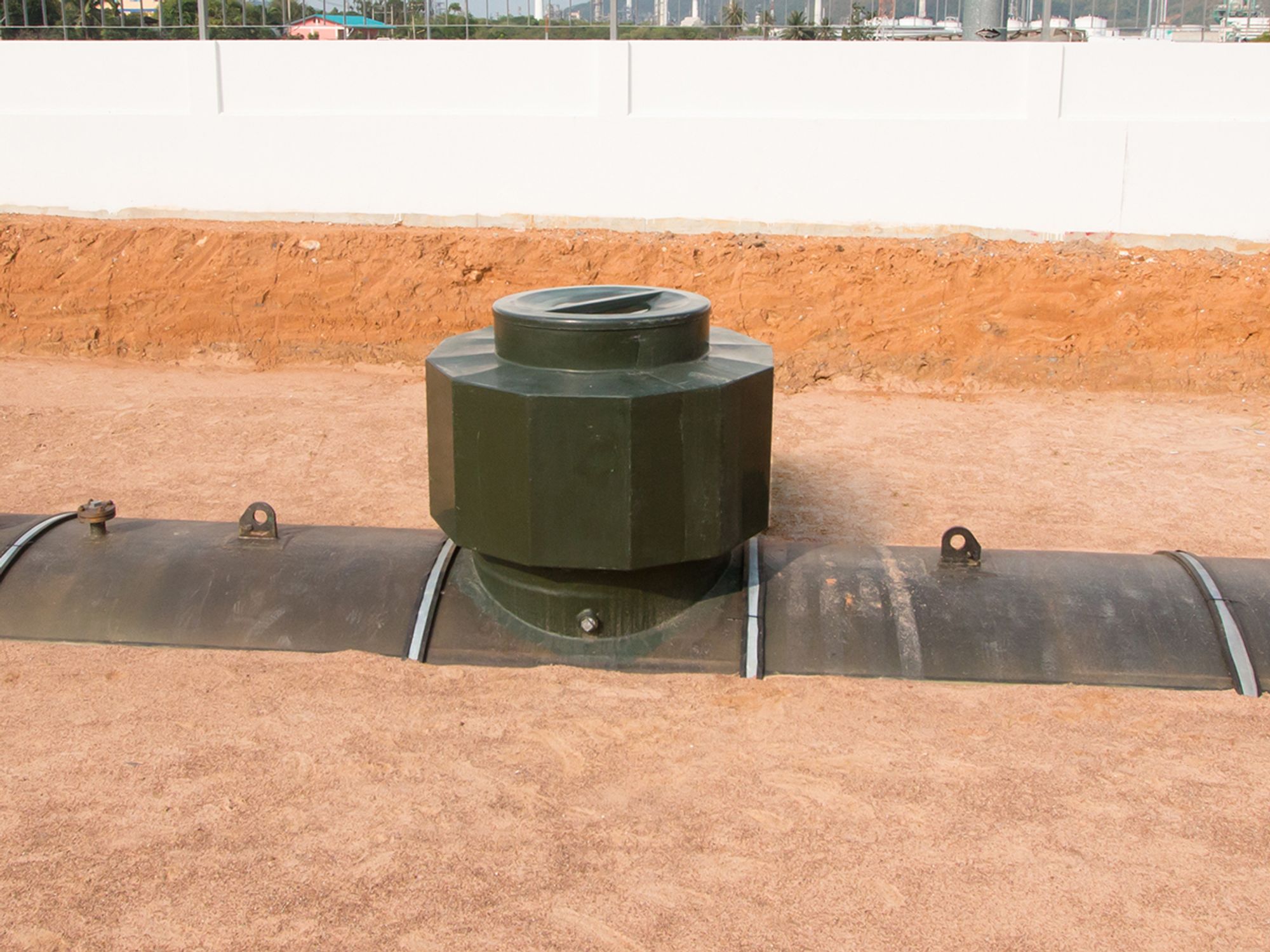Class A, B, and C operators

- The Class A operator typically manages resources and personnel, to achieve and maintain compliance with regulatory requirements.
- The Class B operator typically implements in-field aspects of operation, maintenance, and associated recordkeeping for the UST system.
- The Class C operator typically controls or monitors the dispensing or sale of regulated substances.
Class A operator
A Class A operator is the person who has primary responsibility to operate and maintain the underground storage tank (UST) system in accordance with applicable requirements established by the implementing agency. The Class A operator typically manages resources and personnel, such as establishing work assignments, to achieve and maintain compliance with regulatory requirements.
At a minimum, Class A operator training must include the purpose, methods, and function of:
- Spill and overfill prevention;
- Release detection;
- Corrosion protection;
- Emergency response;
- Product and equipment compatibility;
- Financial responsibility;
- Notification and storage tank registration;
- Temporary and permanent closure;
- Related reporting and recordkeeping;
- Environmental and regulatory consequences of releases; and
- Training requirements for Class B and Class C operators.
In addition, the training program must evaluate Class A operators to make sure they have the knowledge and skills to make informed decisions regarding compliance and if they are the right people to fulfill the operation, maintenance, and recordkeeping requirements for UST systems in accordance with federal law.
Class B operator
A Class B operator is the person who has day-to-day responsibility for implementing applicable regulatory requirements established by the implementing agency. The Class B operator typically implements in-field aspects of operation, maintenance, and associated recordkeeping for the underground storage tank (UST) system.
At a minimum, Class B operator training must cover either: general requirements that encompass all regulatory requirements and typical equipment used at UST facilities; or site-specific requirements which address only the regulatory requirements and equipment specific to the facility. Also, the training program must teach the Class B operator the purpose, methods, and function of:
- Operation and maintenance;
- Spill and overfill prevention;
- Release detection and related reporting;
- Corrosion protection and related testing;
- Emergency response;
- Product and equipment compatibility;
- Reporting and recordkeeping;
- Environmental and regulatory consequences of releases; and
- Training requirements for Class C operators.
The training program must test Class B operators to make sure they have the knowledge and skills to implement applicable UST regulatory requirements in the field on the components of typical UST systems or, as applicable, site-specific equipment used at a UST facility.
Class C operator
The employee responsible for initially addressing emergencies presented by a spill or release from an underground storage tank (UST) system. The Class C operator typically controls or monitors the dispensing or sale of regulated substances (i.e., a gas station attendant or clerk).
Each designated Class C operator must either be trained by a Class A or Class B operator; complete a training program; or pass a comparable examination. At a minimum, the training program for Class C operators must teach them to take appropriate actions in response to:
- Emergencies, and
- Alarms caused by spills or releases from the UST system.
The training program must test Class C operators to determine if they have the knowledge and skills to take appropriate action in response to emergencies (including situations posing an immediate danger or threat to the public or to the environment and that require immediate action) or alarms caused by spills or releases from an UST system.
